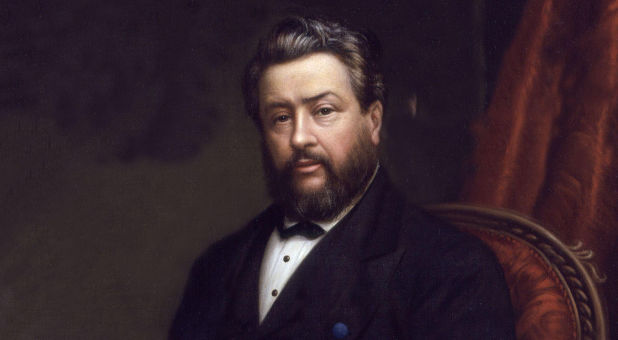
Hope (8)

28.9K
Let us beware of supposing that any hope is good which is not founded on Christ. All other hopes are built on sand. They may look well in the summer time of health and prosperity, but they will fail in the day of sickness and hour of death.Old Paths, 48
The election which is not "unto sanctification" is not of God, but of the devil. The hope that does not make a man holy is no hope at all.
Hope itself is like a star- not to be seen in the sunshine of prosperity, and only to be discovered in the night of adversity.
Hope is the mainspring of human action—the lunar influence that keeps the tide of human affairs in perpetual and healthy motion. Without hope, all things would settle down into an offensive and pestiferous stagnancy. Hope impels to labor, sustains it, and makes its fatigues tolerable. Hope is the parent of enterprise, the impulse of ambition, and the nerve of resolution. Stop any man in any department of activity, and in any stage of his career, and ask him what is his motive for such laborious exertion, such self-denying sacrifices, such untiring efforts—and you will find that he is urged through his weary course by hope.
Optimism hopes for the best without any guarantee of its arriving and is often no more than whistling in the dark. Christian hope, by contrast, is faith looking ahead to the fulfillment of the promises of God. . . . Optimism is a wish without warrant; Christian hope is a certainty, guaranteed by God himself. Optimism reflects ignorance as to whether good things will ever actually come. Christian hope expresses knowledge that every day of his life, and every moment beyond it, the believer can say with truth, on the basis of God's own commitment, that the best is yet to come.
To love means loving the unlovable. To forgive means pardoning the unpardonable. Faith means believing the unbelievable. Hope means hoping when everything seems hopeless.
Hope is the key to the grieving process. It is what makes the difference between being in the downward spiral, headed to despair, and the upward spiral, leading to acceptance of one's loss and the ability to once again love and rejoice and feel with all of one's heart...This was Paul's point in writing to the Thessalonians, for he well knew the role of hope in the Christian life. It is the power that keeps one going, the fuel that runs the engine of the soul, the medicine that brings healing to a wounded heart. It gives strength to face an uncertain future, for it looks not to its own resources, but Christ.James White, Grieving: Your Path Back To Peace
Get notified when new 'Hope' quotes come out?
Top Authors
1. Charles Spurgeon (133)
2. Thomas Watson (125)
3. J.C. Ryle (117)
4. John Calvin (104)
5. J.I. Packer (89)
6. John Piper (86)
7. George Swinnock (76)
8. A.W. Pink (68)
9. Louis Berkhof (63)
10. C.S. Lewis (59)
11. John Flavel (58)
12. B.B. Warfield (58)
13. Martyn Lloyd-Jones (56)
14. John Owen (54)
15. Gerald Bray (50)
16. Francis Schaeffer (49)
17. Thomas Brooks (47)
18. R.C. Sproul (46)
19. Matthew Henry (45)
20. Francis Turretin (43)
2. Thomas Watson (125)
3. J.C. Ryle (117)
4. John Calvin (104)
5. J.I. Packer (89)
6. John Piper (86)
7. George Swinnock (76)
8. A.W. Pink (68)
9. Louis Berkhof (63)
10. C.S. Lewis (59)
11. John Flavel (58)
12. B.B. Warfield (58)
13. Martyn Lloyd-Jones (56)
14. John Owen (54)
15. Gerald Bray (50)
16. Francis Schaeffer (49)
17. Thomas Brooks (47)
18. R.C. Sproul (46)
19. Matthew Henry (45)
20. Francis Turretin (43)
Top Topics
1. Sin (197)2. Scripture (133)
3. Prayer (131)
4. Preaching (115)
5. Faith (113)
6. Gospel (92)
7. Sabbath (84)
8. Suffering (79)
9. Salvation (73)
10. Church (71)
11. Law (61)
12. The Law (58)
13. Truth (52)
14. Justification (51)
15. Christ (50)
16. Love (46)
17. Grace (43)
18. Theology (43)
19. Creation (40)
20. Fear (37)
21. Holiness (37)
22. Heaven (35)
23. Sanctification (35)
24. Children (34)
25. Pride (34)
26. Ten Commandments (34)
